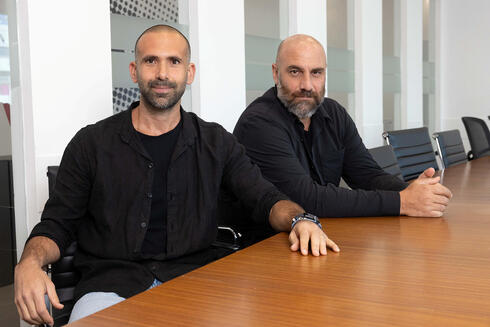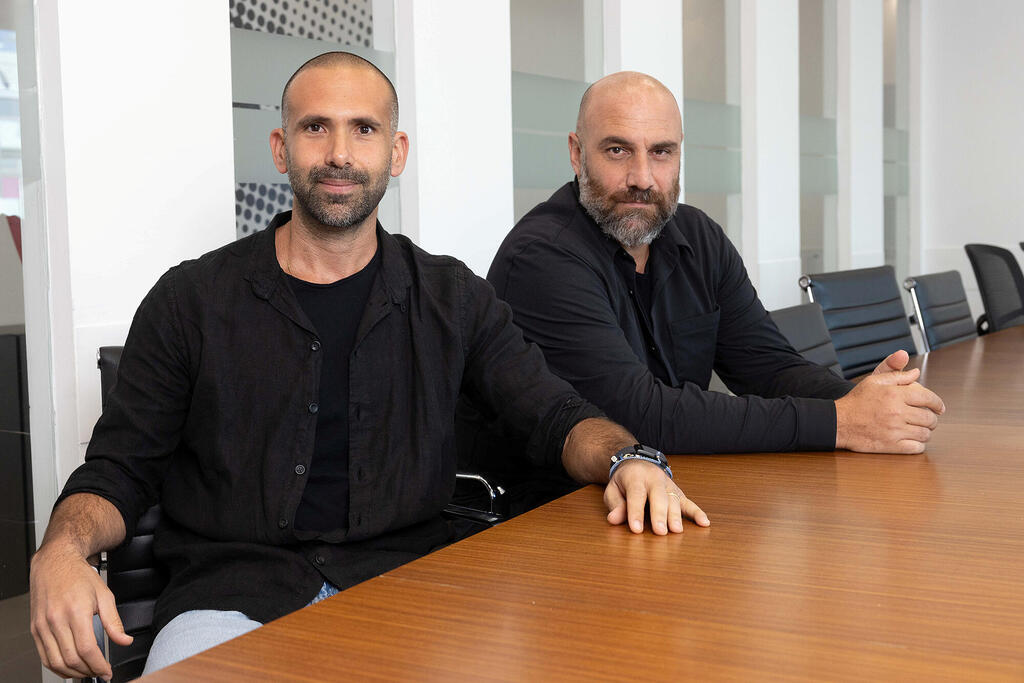
Selina Hospitality files for administration, to be delisted from Nasdaq
The hospitality chain has lost 99.5% of its value since going public at a $1.2 billion valuation in December 2021, currently having a market cap of just $20 million.
The board of directors of Selina Hospitality has concluded that the company has no chance of avoiding insolvency, the company announced on Monday.
Accordingly, administrators were appointed for the company on Monday, and they will operate in England where it is incorporated. In the document that Selina submitted to the U.S. Securities and Exchange Commission, it states that the administrators do not have sufficient resources to support the activities of the company’s operational subsidiaries. Therefore, they will work to consider the sale of part or all of Selina's operational units.
The administrators have taken on all of Selina's management duties, and it is not clear at this stage what the roles of the company's Israeli founders, Rafael Museri and Daniel Rudasevski, who founded it in 2014 and served as its managers, will be. The company also states that its stock is expected to be delisted from trading on Nasdaq due to non-compliance with the stock exchange's requirements.
Selina, which went public two years ago on Nasdaq at a valuation of $1.2 billion, announced late last week that it may soon become insolvent. According to a document submitted to the SEC, it failed to repay a loan to the firm IDB Invest. This is a $50 million loan that Selina took out in November 2020, and it did not make an interest payment of $455,000, which was due on July 15.
Following the non-payment, IDB informed Selina that this violation leads to default and accelerates the subsequent payments, amounting to $44.1 million. As part of the breach, IDB can take over the collateral that Selina has provided, which includes many of the company's assets in Latin America. IDB is a financial group specializing in financing projects mainly in this region. Beyond this, the agreement with IDB may lead to the cross-realization of collateral within the framework of additional loans taken by Selina.
The last time investors received any hint about Selina's performance was at the beginning of May, three months ago, and even then, it was a general update with very selective data. These showed that its revenues reached $201 million for the summary of 2023 and $49 million in the first quarter. The chain was able to exit 17 leases but still had 107 sites at the end of the quarter with a low occupancy of just over 50%. However, this is a relatively high occupancy compared to the past, where it reached only about 30%. Despite the reorganization efforts Selina has been undertaking for about a year, it is still spread over more than 20 countries, a complex task even for experienced hoteliers.
Recently, since the Osprey company effectively took over Selina as part of a $68 million investment agreement, it has made many cuts and brought in managers from the hotel industry, but it may already be too late. As of the end of 2022, when Selina's last full annual report was published, it had an accumulated deficit of $725 million after a loss of about $200 million that year on revenues of $184 million. According to a recent report regarding its financial situation, as of July 2nd, Osprey, which today owns 34% of Selina's shares, has so far provided $28 million to Selina and also converted $8.7 million of debt into shares. Following the agreement with Osprey, Museri and Rudasevski, the two founders and managers of Selina since its establishment in 2015, who also gave personal guarantees, were left with only a few percentages of ownership. If they fail to rescue Selina from its troubles, it will have severe financial consequences for them as well. The two could not be reached for comment.















